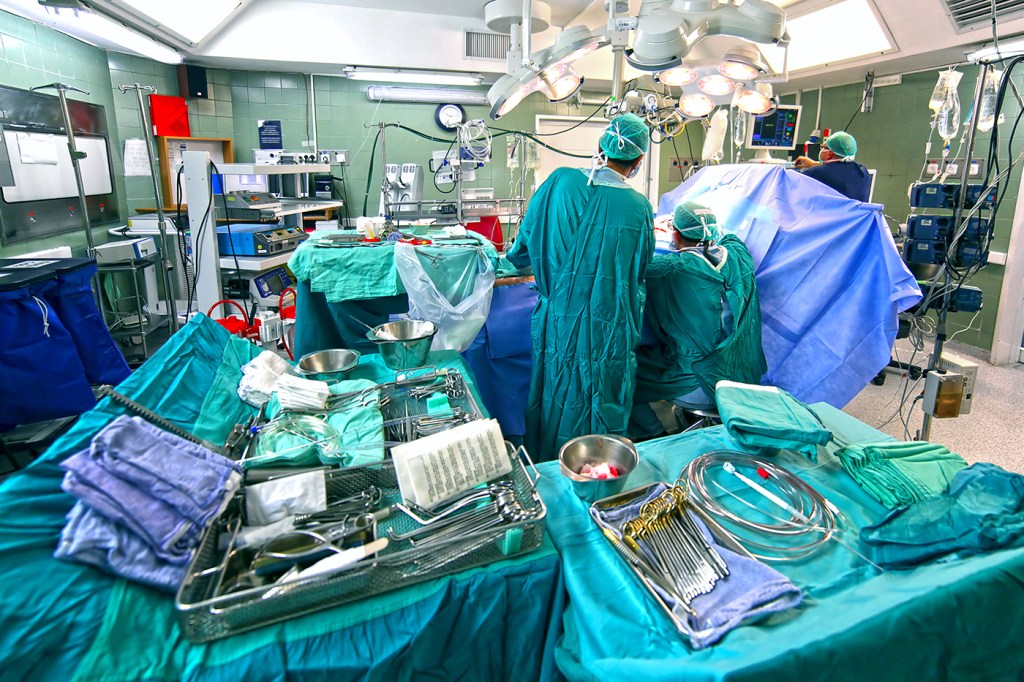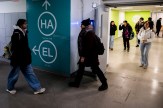From the operating room to pediatrics, Northeastern co-op says work in Spanish medical clinic cemented his career goal
Marcello Twahirwa got to try his hand working with patients in the exam room and operating room during his semester working in Seville.

Medical dramas like “Grey’s Anatomy” set expectations for a generation of aspiring doctors that they’d spend most of their medical training and career in the operating room, saving lives in a dramatic way.
Northeastern biology major Marcello Twahirwa was lucky enough to get time in both the operating room and with patients during a co-op at a medical clinic in Seville, Spain, teaching him that being a good provider starts with developing a relationship with a patient.
“It was cool,” said Twahirwa, who will graduate in May 2025. “It definitely cemented that I want to do something in health care and specifically in an operating room, but it also shone a light on other specialties.”
Twahirwa rotated through three specialties during his time in Spain in the fall 2023 semester: radiology, surgery and pediatrics. He spent two weeks in radiology, but otherwise split his time between surgery and pediatrics.
On his surgery rotation days, Twahirwa would help with maxillofacial surgeries, holding the suction by the patient’s mouth or other tools while the surgeons did their work. He also scrubbed into a few orthopedic surgeries and got to help with minor tasks like cutting sutures.
“It wasn’t my first time in an OR, but it was my first time having scrubbed in,” Twahirwa said. “Surgery isn’t for everyone … but I was lucky enough to run into a couple of visiting surgeons that took an interest in me.”
When he wasn’t in surgery, Twahirwa spent time in the clinic’s pediatrics unit where he helped with vaccinations and oral swab tests. His work calming young patients as they got their blood drawn or had their vitals taken taught him a lot about the human side of working in medicine.
“I learned a lot, especially in pediatrics,” Twahirwa said. “Specifically, I learned a lot about patient interaction, which is essential to be a successful or good physician.”
The experience was Twahirwa’s first time working with children and in Spanish. He is Mexican and grew up speaking Spanish. Because of this, Twahirwa applied for co-ops in Spanish-speaking countries like Chile and Argentina so he could use his skills.
But he found working in Spain — which has a different accent — and with children in a medical setting was a new challenge. Learning Spanish medical terminology was “the hardest part,” he said.
Twahirwa also learned a bit about life in Spain while on co-op. When on the surgical team, he would leave early for the day if the procedures ended early or a patient didn’t show up. The first time this happened, Twahirwa walked out the clinic around lunchtime and was surprised to find so many people enjoying siesta.






